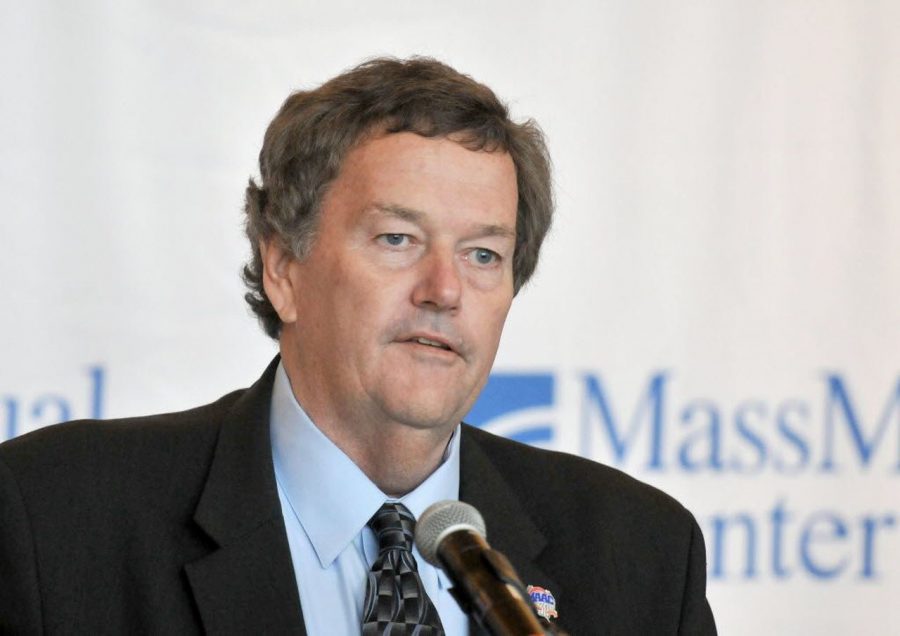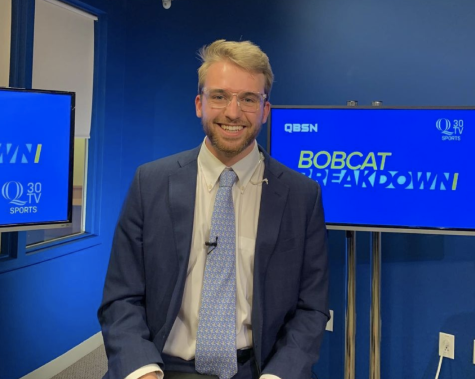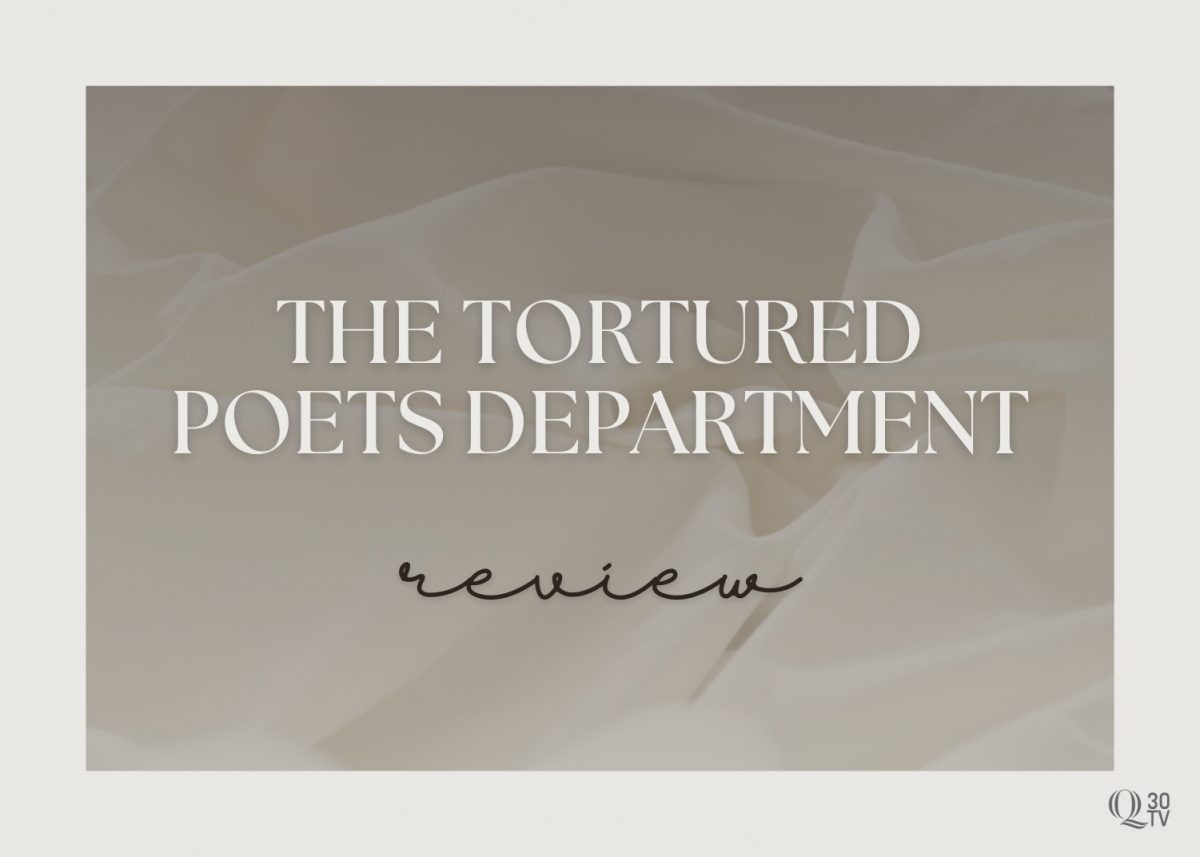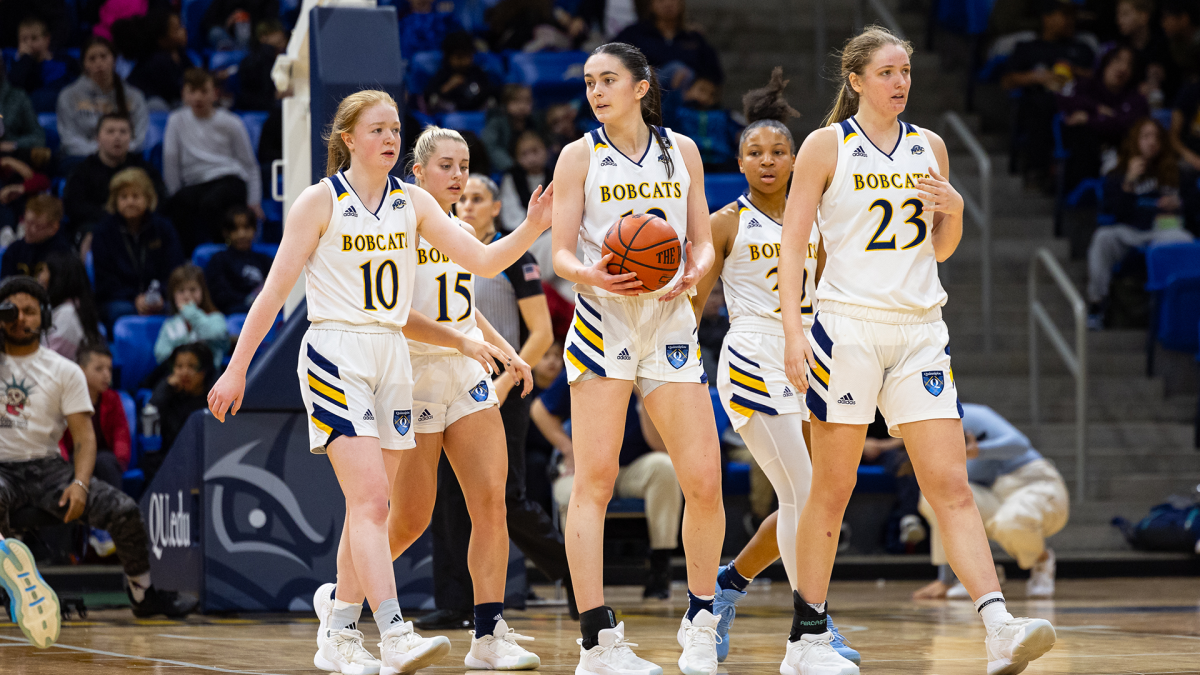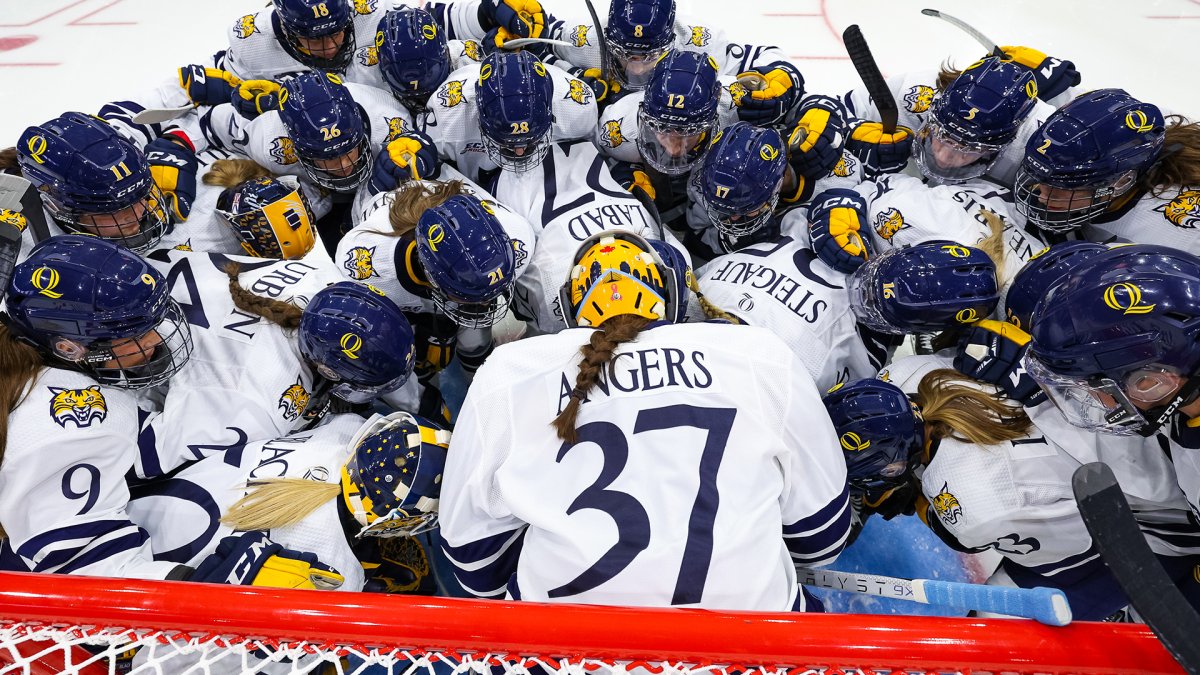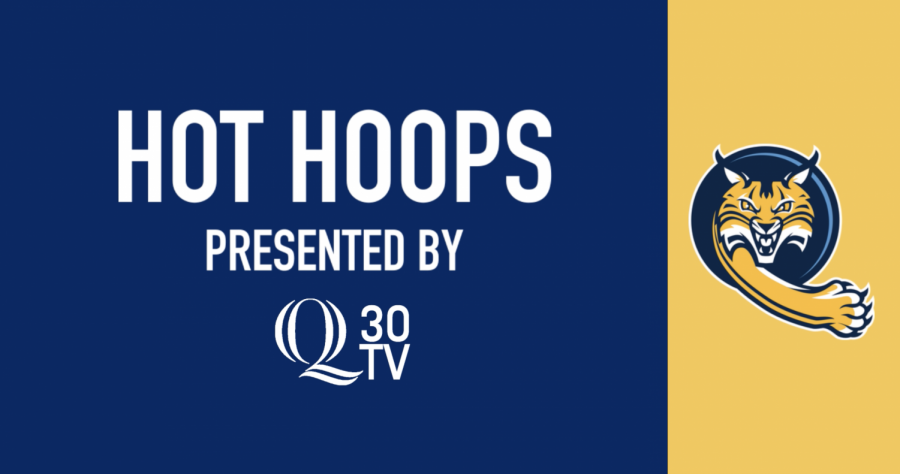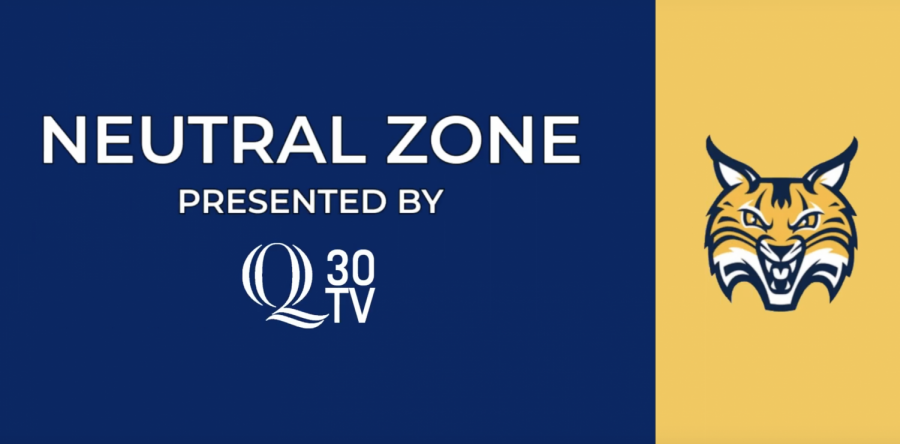What the MAAC can learn from the Ivy League
July 15, 2020
Follow @jackmain32
Follow @Q30Sports
QBSN’s Will Fowler was at one of the last organized American sporting events before everything was brought to a screeching halt by the COVID-19 pandemic. He was with a crew of Quinnipiac student media in Atlantic City, New Jersey, to cover the men’s and women’s MAAC basketball tournaments, where 11 schools were competing for one spot in the March Madness tournament.
It was March 12, and one-by-one, each college basketball conference was canceling their respective tournaments in wake of the surge of coronavirus cases in the U.S. Every conference had canceled besides the MAAC, where Fowler described the scene as a “ghost town.”
Almost five months later, all major sports leagues in America including the MLB, NHL, NBA and NFL have plans to return to action with strict guidelines. The MAAC also has a plan to return to play on Sept. 11. And as one could imagine, there are a slew of guidelines schools must follow in order for this plan to be pulled off.
Despite the effort many schools are putting in, one conference will not be taking the risk of exposing its student-athletes.
It was announced on July 8 that the Ivy League will not have a fall sports season due to the ongoing virus risk. Soon after, the Big Ten and Pac-12 announced they will be playing exclusively in-conference games for the fall season.
On Friday, Fowler was told by MAAC Commissioner Rich Ensor that the MAAC Committee on Athletic Administration was going to meet that day to talk about what fall sports could look like come September.
Been told by MAAC Commr. Ensor (@MAACCommish) that the MAAC Committee on Athletic Administration meets today to “engage in an ongoing discussion” regarding what the fall season could look like.
The MAAC Council of Presidents next meets on July 15 to discuss the same matter.
— Will Fowler (@WillFowler5) July 10, 2020
Ivy League schools were the first ones to pull out of March Madness and the ECAC Hockey playoffs in the spring, which prompted a domino effect of schools pulling their teams from competing. It is very possible this fall we see the same effect happening.
Despite the Ivy League not being a major player in modern college football or basketball, they seem to be the trend-setters when it comes to making difficult decisions regarding student-athletes, taking the high road, and doing what they feel is best for their student body.
Being that the MAAC hosts 11 schools surrounding the greater New York City area, which has seen more coronavirus cases than any country in Europe, it wouldn’t be a shock to see the fall season scrapped altogether.
If the MAAC decides to follow the Ivy League and cancel all sports until January, it could signal the end of the careers for Quinnipiac men’s soccer stars Simon Hillinger and Jared Mazzola, who were one win away from competing in the MAAC championship last fall. Of course, the NCAA could grant them another year of eligibility giving them a chance to come back, however it is unlikely that happens unless a majority of conferences decide to postpone or cancel.
Erring on the side of caution may be wise for the safety of the athletes and the greater student body. With mandatory testing in place for Quinnipiac students when they return in the fall, the school will be able to get a better look at if they want to continue on with the fall season for athletes.
As for right now, the MAAC will anxiously await word from the commissioner for an update on the season.


